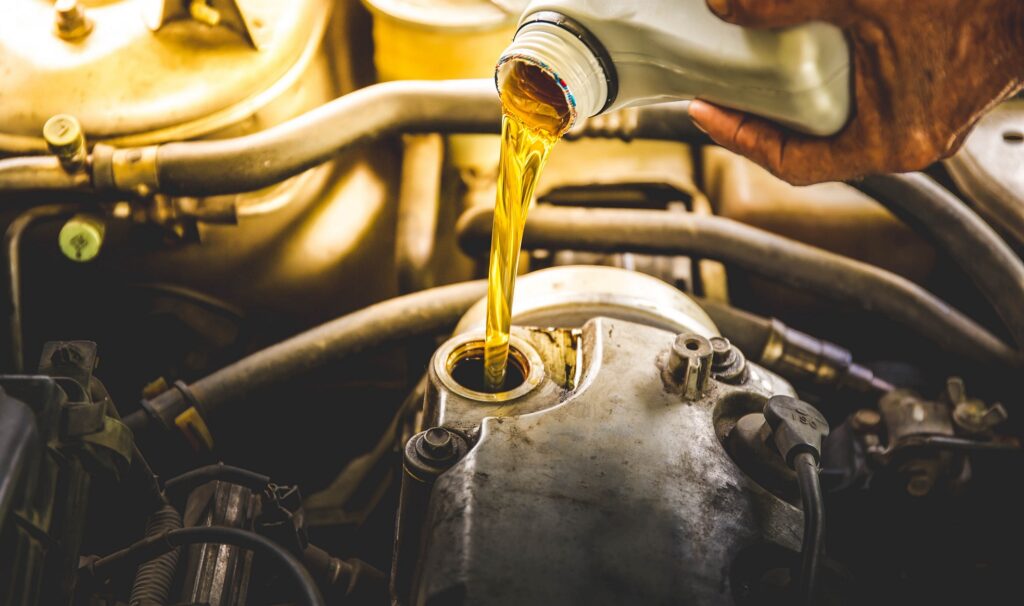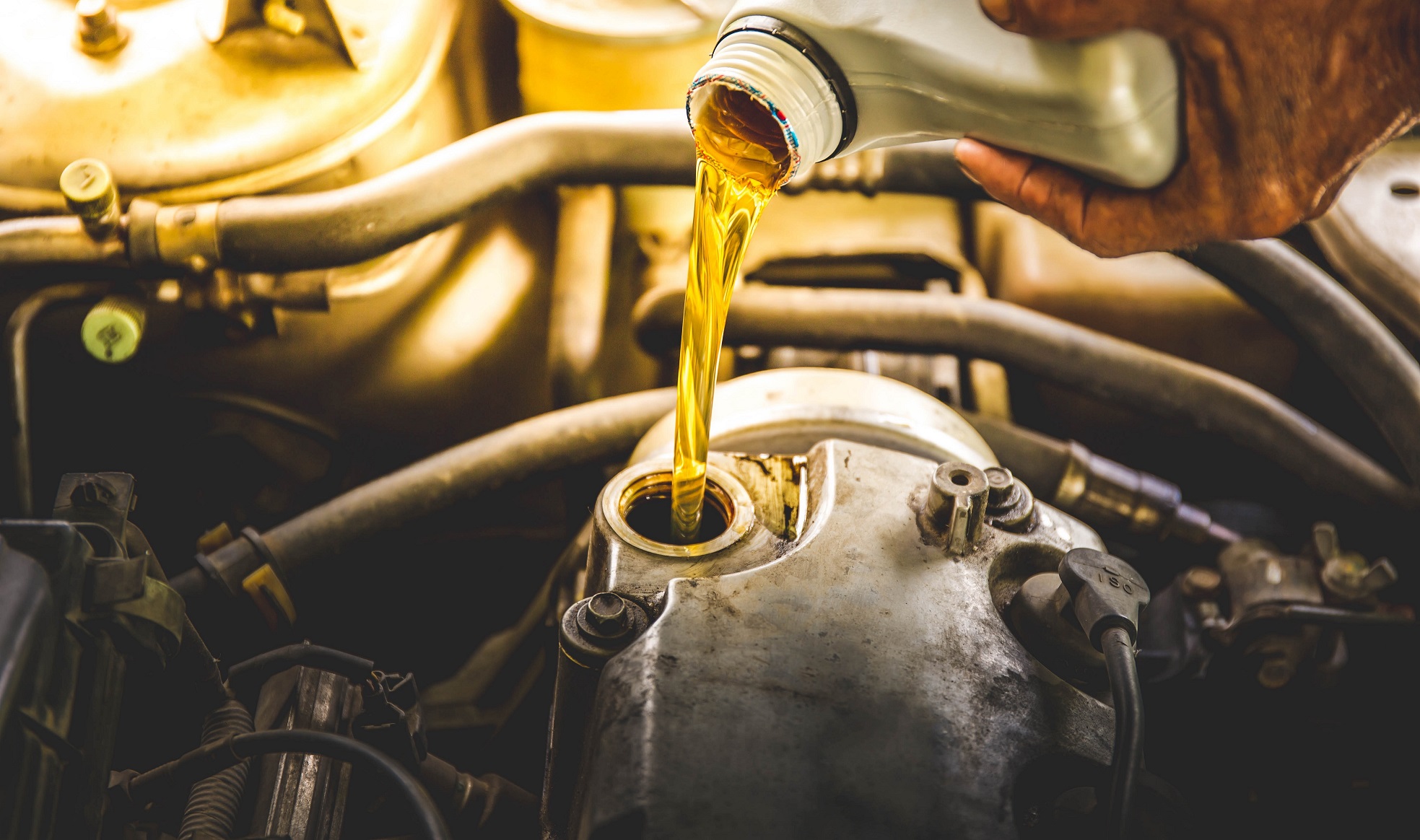When it comes to maintaining your vehicle in the Garden State, few things are as crucial as regular oil changes. New Jersey residents rely on their cars for their daily commutes, road trips, and various errands. Ensuring the longevity and performance of your vehicle should be a top priority. In this article, we’ll delve into the significance of consistent oil changes, why they matter in the New Jersey climate, and how they can save you time and money in the long run.

Why Regular Oil Changes Matter:
Oil Change NJ is a keyword that resonates with many vehicle owners in the state. But what’s the real importance behind this routine maintenance task?
- Engine Lubrication: The primary function of engine oil is to lubricate the moving parts within your car’s engine. This minimizes friction and prevents wear and tear, keeping your engine running smoothly. Regular oil changes ensure that your engine stays well-lubricated, reducing the risk of overheating and costly damage.
- Enhanced Fuel Efficiency: Clean oil helps your engine operate more efficiently. As your oil degrades over time, it can become thick and sludgy, causing your engine to work harder and burn more fuel. Regular changes maintain optimal engine performance and improve your vehicle’s gas mileage.
- Engine Cleanliness: Engine oil also acts as a cleaning agent, carrying away dirt and debris that accumulate over time. Clean oil is essential for keeping your engine’s vital parts free of harmful deposits that can affect performance.
- Extended Engine Life: Neglecting oil changes can lead to engine damage and, ultimately, engine failure. In New Jersey, where you might face extreme weather conditions, maintaining a healthy engine is even more critical. Regular oil changes can significantly extend the life of your vehicle.
- Peace of Mind: Knowing that your vehicle is running on clean, high-quality oil offers peace of mind. You’re less likely to experience unexpected breakdowns and costly repairs when you prioritize this routine maintenance.
Why New Jersey’s Climate Matters:
New Jersey experiences a range of weather conditions throughout the year. From hot and humid summers to cold and snowy winters, the state’s climate can take a toll on your vehicle. Regular oil changes become even more important due to these factors:
- Extreme Temperatures: In the heat of summer and the bitter cold of winter, your engine needs the right oil to perform optimally. Oil changes ensure that your engine is prepared for temperature extremes.
- Humidity and Moisture: The humid climate in New Jersey can cause moisture to build up in your engine over time. Regular oil changes help combat this moisture and maintain oil quality.
- Road Salt and Winter Conditions: During the winter, road salt is used to melt snow and ice. However, it can lead to rust and corrosion on your vehicle, making regular maintenance, including oil changes, critical.
Saving Time and Money:
It’s not just about keeping your car running smoothly; regular oil changes can also save you time and money. Here’s how:
- Preventing Costly Repairs: A relatively inexpensive oil change can prevent the need for expensive engine repairs down the road. Engine damage can cost thousands of dollars to repair, while an oil change is a fraction of that cost.
- Reducing Fuel Costs: By maintaining a well-lubricated engine through oil changes, you can improve fuel efficiency, which means spending less at the gas pump.
- Extending Vehicle Life: Regular maintenance, including oil changes, can help you keep your car running well for years, delaying the need for a costly new vehicle purchase.
In conclusion, when it comes to the care and maintenance of your vehicle in New Jersey, don’t underestimate the importance of regular oil changes. Prioritizing this simple task can keep your engine in peak condition, enhance fuel efficiency, and save you both time and money in the long run. So, when you come across the keyword Oil Change NJ, remember that it’s not just a routine task; it’s a critical step toward ensuring the longevity and performance of your New Jersey vehicle.

